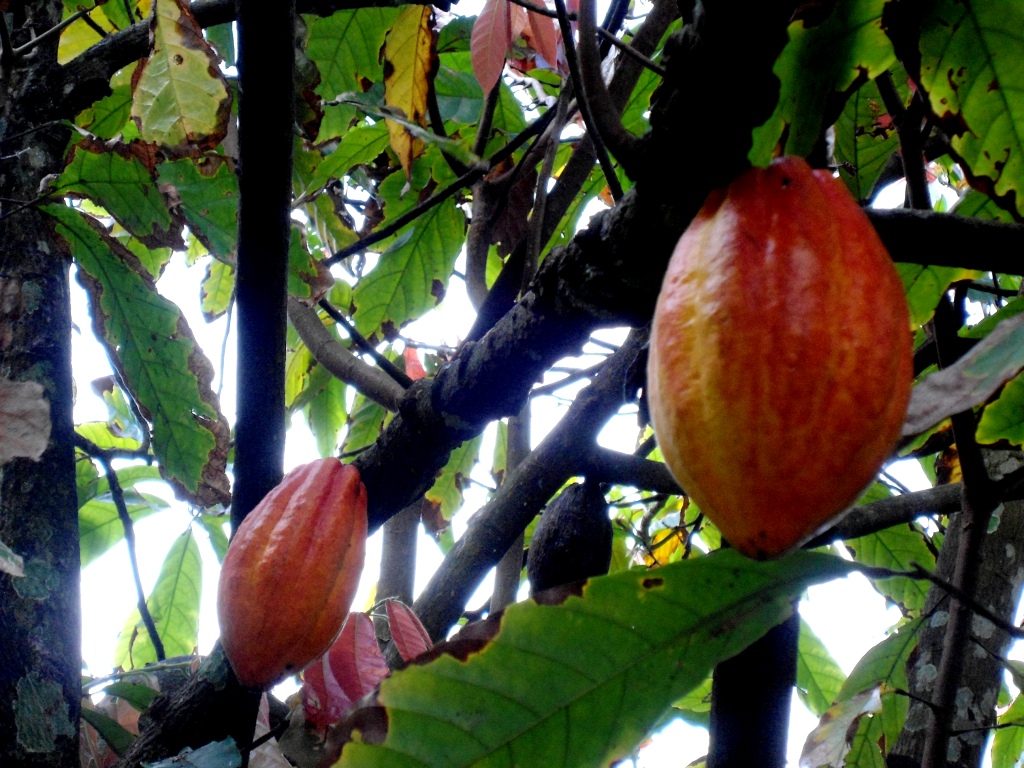Twist, Lick and dunk Oreos made with sustainable cocoa and wheat.
Yummy Oreos maker Mondelēz International has committed to using only sustainable cocoa in the production of its Oreo biscuits. Mondelēz has also announced that oreo will be produced with 100% sustainable wheat by 2022 in Europe.
Sustainable Wheat:
Mondelēz aims to achieve its goal of using 100% sustainable wheat by expanding its Harmony program in Europe. The Harmony program supports the company’s commitment to reduce its Environmental Impact.

The program supports 1,700 farmers, 13 millers and 21 cooperatives across six markets in Europe. In 2017, the program helped in producing 177,000 tons of wheat for snack companies. By expanding the program sustainable agriculture practice will be encouraged. It would increase the annual production of wheat to over 280,000 tons by 2022. This would be enough to produce the company’s entire European biscuits. Not just Oreo but also Milka, Barn and belVita biscuits can be made with 100% sustainable wheat.
Harmony program was launched a decade ago in France. It was started to enhance biodiversity and good environmental practices in wheat production in Europe. By supporting supply chain with farmers, co-operatives and millers, the program seeks the commitment of farmers to practice sustainable agriculture.
Harmony farmers choose to conserve water, care for the soil, protect biodiversity and reduce carbon emissions, and increase their income by doing so. Harmony was developed with the help of NGOs, agronomists, environmental specialists and research organizations. Harmony practices are audited every year to ensure they are respected.
To date, the program has led to a 20% reduction in pesticide use in Harmony fields, between 2009 and 2016. Harmony farmers of Europe have also sown 1,026 hectares of flowers around the Harmony fields to support biodiversity.
“By bringing NGOs and farmers to work together, we can implement farming practices that are both effective and pragmatic. In doing so, we can act as a catalyst for positive change.” – Romeo Lacerda, President Biscuits, Mondelēz Europe
Sustainable Cocoa:
Mondelēz uses sustainable cocoa collected from cocoa farmers of Cocoa Life scheme.

Cocoa life scheme is a verified cocoa sustainability program. It aims to strengthen cocoa farmers and address social and environmental complex problems related to cocoa farming. They have taken major steps to fix issues like child labour, women empowerment and climate change. They educate cocoa communities on sustainable farming practices and support their welfare.
“We believe that empowered, thriving cocoa communities are the essential foundation for sustainable cocoa.” – Cathy Pieters, Program Director, Cocoa Life
Mondelēz International would display Cocoa Life’s logo on all Oreo products by the end of the year. The brand also announced its intention to source cocoa for its entire product range sustainably in the future. Mondelēz believes that printing logo on the front of the packages would develop a genuine concern among the consumers.
Cocoa Life currently helps over 90,000 cocoa farmers around the globe. Mondelez’s investment of $400m would support almost 200,000 farmers in Ghana, Côte d’Ivoire, Indonesia, Brazil, Dominican Republic, and India by 2020.
Through using sustainable cocoa and wheat, Mondelēz International is just not helping the farmers but also is contributing its work to achieve sustainable development goals. By supporting and encouraging sustainable agricultural practices, Mondelēz International is inspiring other companies to move towards sustainable production practices.
SOME FAQ’s
Question– Are Oreos sustainable products ?
Answer: Oreos are a 100% eatable sustainable products claimed by (Nabisco/Mondelex International). Further, the ingredients that are used in making Oreos are sustainable palm oil, Cocoa and wheat.
To check upon this – we have seen that oreo cookies are darker in colour, which is a sign of using sustainable palm oil.
Question: How does Oreo production affect the environment?
Answer: Oreo produces more than 10 billion cookies each year. Consumption at a large scale enables us to make sustainable progress by reducing carbon dioxide emissions.


Cialis Daily Use Buy Online 248